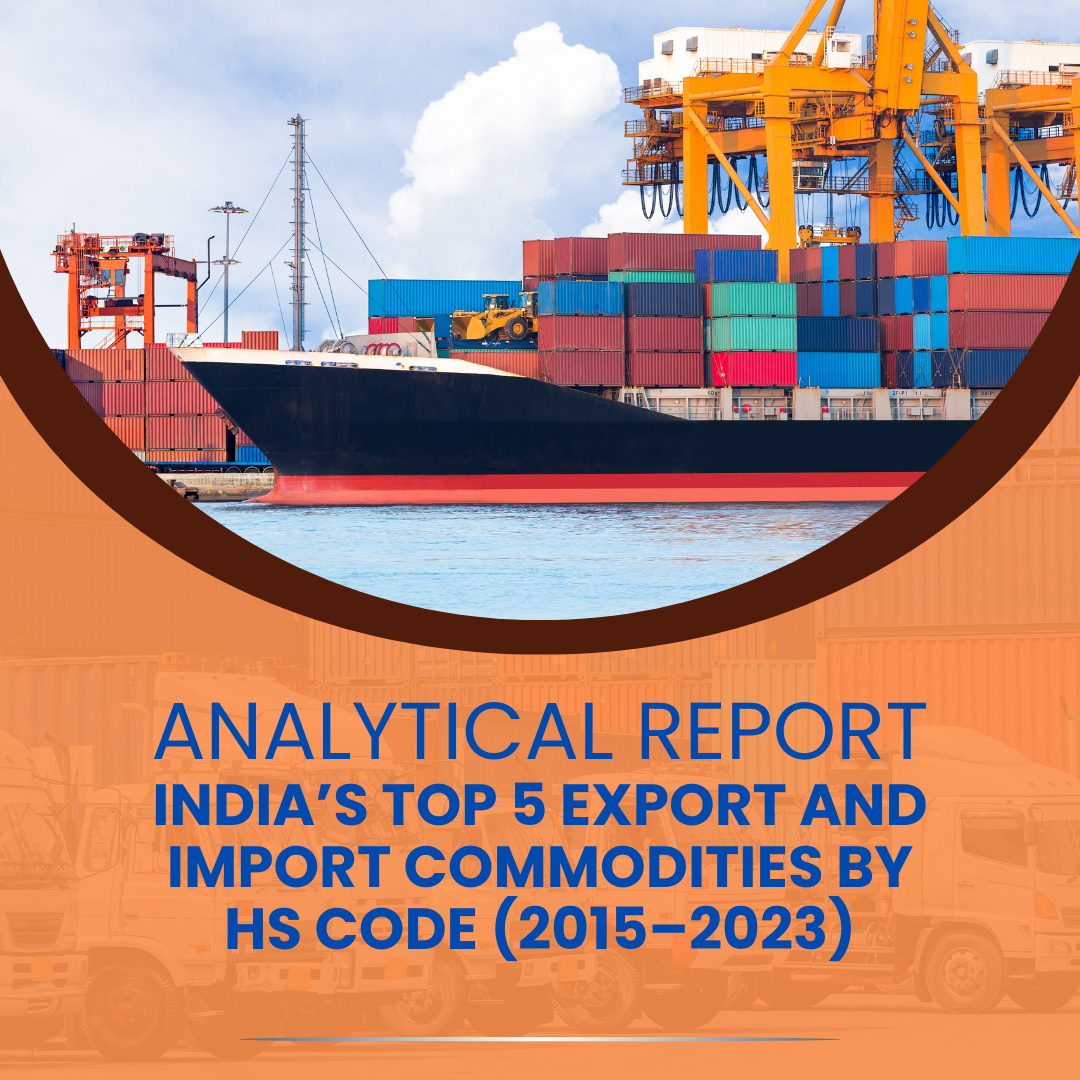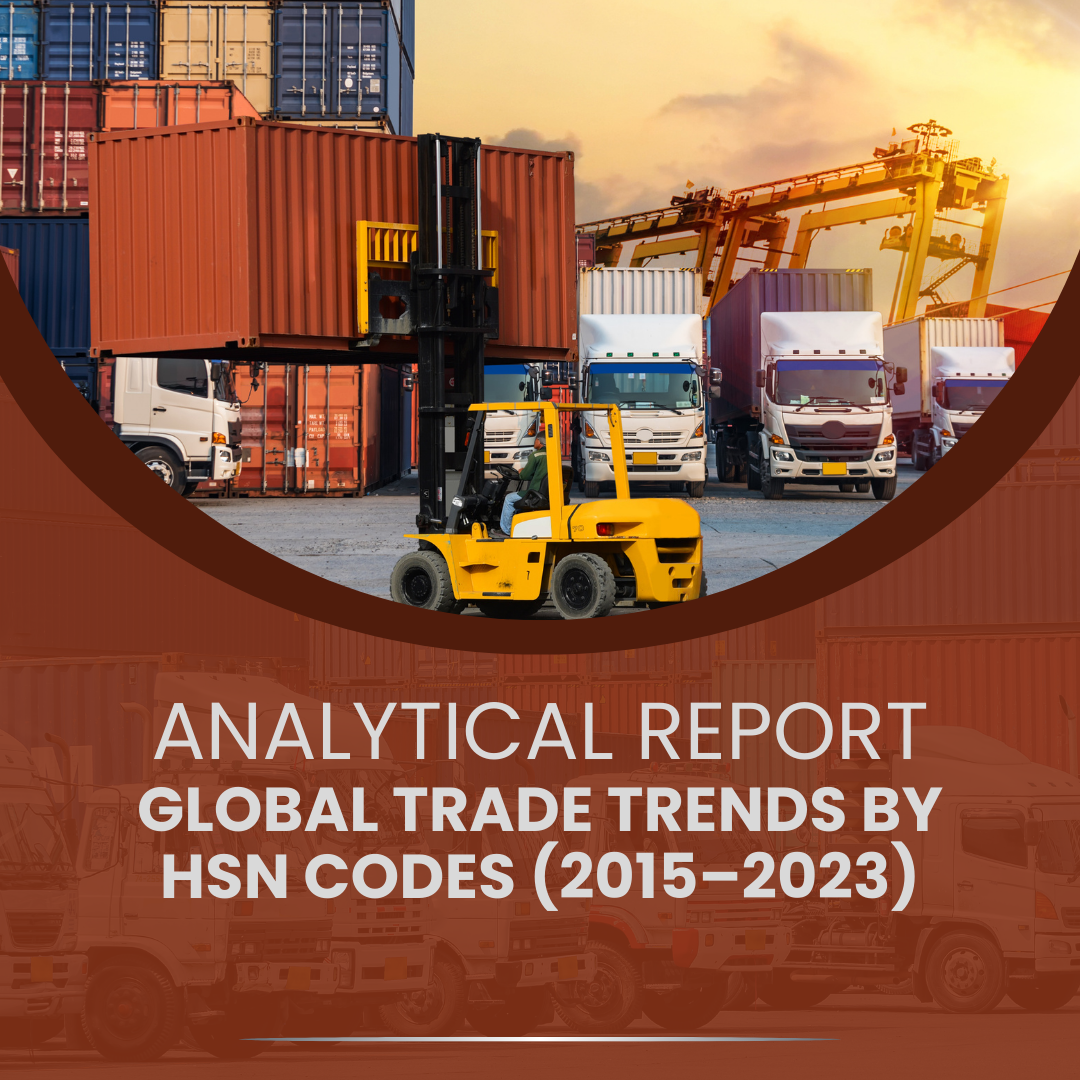
Globalization has made trade an integral part of modern economies. In today’s global economy, companies of all sizes are always on the lookout for ways to broaden their customer base and enter untapped markets. However, conducting business on a global scale can be difficult due to the numerous financial transactions, risks, and obstacles involved. When it comes to navigating the complexity of international trade, trade finance plays a crucial role in helping organizations minimize risks and maximize growth. In this piece, we’ll delve into the world of trade finance, discussing its many facets, advantages, and the ways in which it may assist firms get access to new markets throughout the world.
Understanding Trade Finance.
The term “trade finance” refers to a broad category of banking services and financial products that are used to assist international trade. It offers buyers and sellers across borders the liquidity and risk mitigation tools they need to conduct business without interruption. Payment default, political instability, currency volatility, and logistical issues are just some of the risks that can be mitigated through trade finance, which acts as a bridge between exporters and importers.
Key Players in Trade Finance.
Banks:
Banks play a crucial role in trade finance, acting as intermediaries between exporters and importers. They offer a range of trade finance products and services to facilitate smooth transactions. These may include letters of credit, bank guarantees, documentary collections, and trade loans. Banks leverage their expertise in risk assessment, compliance, and international trade regulations to provide tailored financial solutions that meet the specific needs of businesses engaged in global trade.
Export Credit Agencies (ECAs):
Export Credit Agencies are government-backed entities that support and promote exports from their respective countries. They provide guarantees, insurance, and financing solutions to facilitate international trade. ECAs play a vital role in mitigating risks for exporters and encouraging cross-border trade by providing insurance against non-payment, political risks, and acts of God. Their involvement in trade finance adds an additional layer of security, making it easier for businesses to engage in international trade.
Trade Finance Instruments.
Letters of Credit (LCs):
Letters of Credit are one of the most widely used trade finance instruments. They provide a secure payment mechanism for international trade transactions, wherein the buyer’s bank guarantees payment to the seller upon the presentation of compliant documents. By offering a level of assurance to both parties, letters of credit reduce the risk of non-payment and help establish trust in cross-border trade.
Documentary Collections:
Documentary collections, also known as drafts, involve the exchange of shipping documents through banks. The exporter instructs their bank to release the shipping documents to the importer only upon payment or acceptance of a time draft. This method provides a certain degree of security for both parties while offering more flexibility compared to letters of credit.
Trade Loans:
Companies can finance their international trade activity with short-term trade loans. Import-export companies might utilize this type of financing to fill the gap in their cash flow caused by the time it takes to sell an item after purchasing it. Considerations for the trade cycle, cash flow demands, and collateral allow for trade loans to be tailored to each individual business’s requirements.
Benefits of Trade Finance.
Risk Mitigation:
One of the primary benefits of trade finance is its ability to mitigate various risks associated with international trade. Through mechanisms such as letters of credit and insurance provided by ECAs, businesses can safeguard themselves against payment default, political risks, and unforeseen events. This risk mitigation enables businesses to pursue new market opportunities with confidence, knowing that their financial interests are protected.
Improved Cash Flow:
Trade finance solutions offer businesses improved cash flow management by providing access to short-term financing options. With trade loans and other financing instruments, businesses can bridge the gap between the payment for imported goods and the receipt of payment from their customers. This ensures a smoother cash flow cycle and enables businesses to meet their financial obligations without straining their working capital.
Enhanced Liquidity:
Trade finance solutions provide businesses with enhanced liquidity by unlocking the value of their trade receivables. For example, businesses can leverage invoice financing, where they receive immediate funds based on the value of their outstanding invoices. This access to liquidity allows businesses to seize new trade opportunities, negotiate favorable terms with suppliers, and invest in their growth and expansion.
Expanded Market Reach:
Businesses can broaden their customer base and gain access to untapped foreign markets with the help of trade financing. Having access to trade finance instruments lowers the risk involved in international business transactions. As a result, companies are better able to expand, diversify, and test out new revenue streams.
Strengthened Business Relationships:
Trade finance fosters stronger business relationships between buyers and sellers. The use of instruments such as letters of credit and documentary collections instills trust and confidence in trading partners, as they provide a secure and reliable framework for conducting international transactions. Stronger business relationships contribute to long-term partnerships, repeat business, and increased collaboration in exploring new market opportunities.
Optimizing Trade Finance for Business Success.
To leverage the full potential of trade finance and maximize its benefits, businesses should consider the following strategies:
Engage with Experienced Trade Finance Professionals:
Partnering with experienced trade finance professionals, such as banks and financial institutions specializing in trade finance, can provide valuable insights and guidance. These experts possess in-depth knowledge of international trade regulations, risk assessment, and financing solutions. By working closely with them, businesses can navigate complex trade transactions and access tailored trade finance options that align with their specific needs.
Stay Abreast of Global Trade Trends:
The international trade landscape is constantly evolving, influenced by factors such as geopolitical events, trade policies, and economic shifts. To stay competitive and make informed decisions, businesses should actively monitor global trade trends. This includes understanding emerging markets, identifying new trade corridors, and keeping up with regulatory changes that may impact trade finance options. By staying informed, businesses can adapt their trade strategies to leverage emerging opportunities and mitigate potential risks.
Leverage Technology and Digital Platforms:
Advancements in technology have revolutionized trade finance, making it more accessible, efficient, and transparent. Businesses can leverage digital platforms, such as online trade finance marketplaces, to connect with a wide network of financiers, explore different trade finance options, and streamline the application process. Technology-enabled solutions also provide real-time tracking of trade transactions, simplifying documentation management and improving overall efficiency.
Conclusion.
Trade finance plays a vital role in unlocking global opportunities for businesses engaged in international trade. By providing liquidity, mitigating risks, and facilitating smooth transactions, trade finance empowers businesses to expand their market reach, enhance cash flow, and strengthen their competitive position. To optimize trade finance, businesses should engage with experienced professionals, stay updated on global trade trends, and leverage technology-enabled solutions. By harnessing the power of trade finance, businesses can navigate the complexities of international trade with confidence and unlock the untapped potential of global markets.




